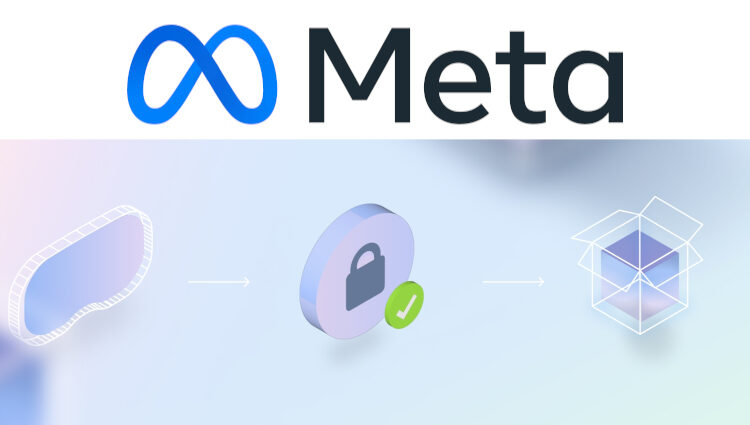Meta Platforms announced on Monday that it had introduced its Platform Integrity Attestation application programme interface (API). For the company’s Quest product lineup, the new tool aims to tackle piracy and fraud by verifying whether people have tampered with their devices.
The authenticator aims to crack down on pirated games and alterations to the headset’s operating system (OS). It does so by verifying the authenticity of devices via the app’s server.
The Attestation API provides several key services, including device authentication, hardware-based app bans, financial and enterprise app data protection, external data misuse, and anti-piracy.
According to Meta, the new feature will secure the Meta Quest 2, Meta Quest Pro, and upcoming Quest 3 headsets.
In a press statement, a Meta Quest spokesperson said,
“As the Meta Quest ecosystem continues to grow, both in terms of the number of apps being distributed and the size of the Meta Quest community, it’s increasingly important to instill a consistent method for validating the integrity of apps in order to provide a secure and safe user experience for everyone”
What is Attestation?
The Menlo Park-based firm explained that Attestation commonly validates and verifies firmware and operating systems running on their devices. This will provide an “attestation token” for approving devices to run specific apps. Meta’s Attestation Server will also complete the process to back platform security using cryptography.
The API utilises the Trust on First Use (TOFU) authentification procedure to receive tokens. The Server can later approve or reject service requests from application clients.
Meta Steps Up Platform Security
Announcements from Meta come as the company steps up efforts to safeguard its family of apps (FoA) and Reality Labs products. For example, the company unveiled its Research SuperCluster (RSC) plans in January last year. With the new artificial intelligence (AI) facility, Meta will create one of the largest supercomputers in the world.
Additionally, the RSC will process troves of data from Meta’s FoA, allowing the company to regulate, monitor, and filter out negative, harmful content. These efforts come as national governments crack down on harmful content globally, namely after the British Government passed its Online Safety Bill to protect young users.
Further efforts to regulate its products come after Meta allowed guardians and parents to monitor child usage of the devices. The new features allow parents and guardians to regulate purchases, activity, and usage time.
Finally, Meta updated its app requirements to Android 12L, allowing it to streamline production for Android users. Quest 2 devices use the Android OS for their own platform and functionality.
Quest v51 will help developers boost device interoperability, enhance dynamic display range, and tap functionality for Qualcomm’s Snapdragon XR2+ chipset.

